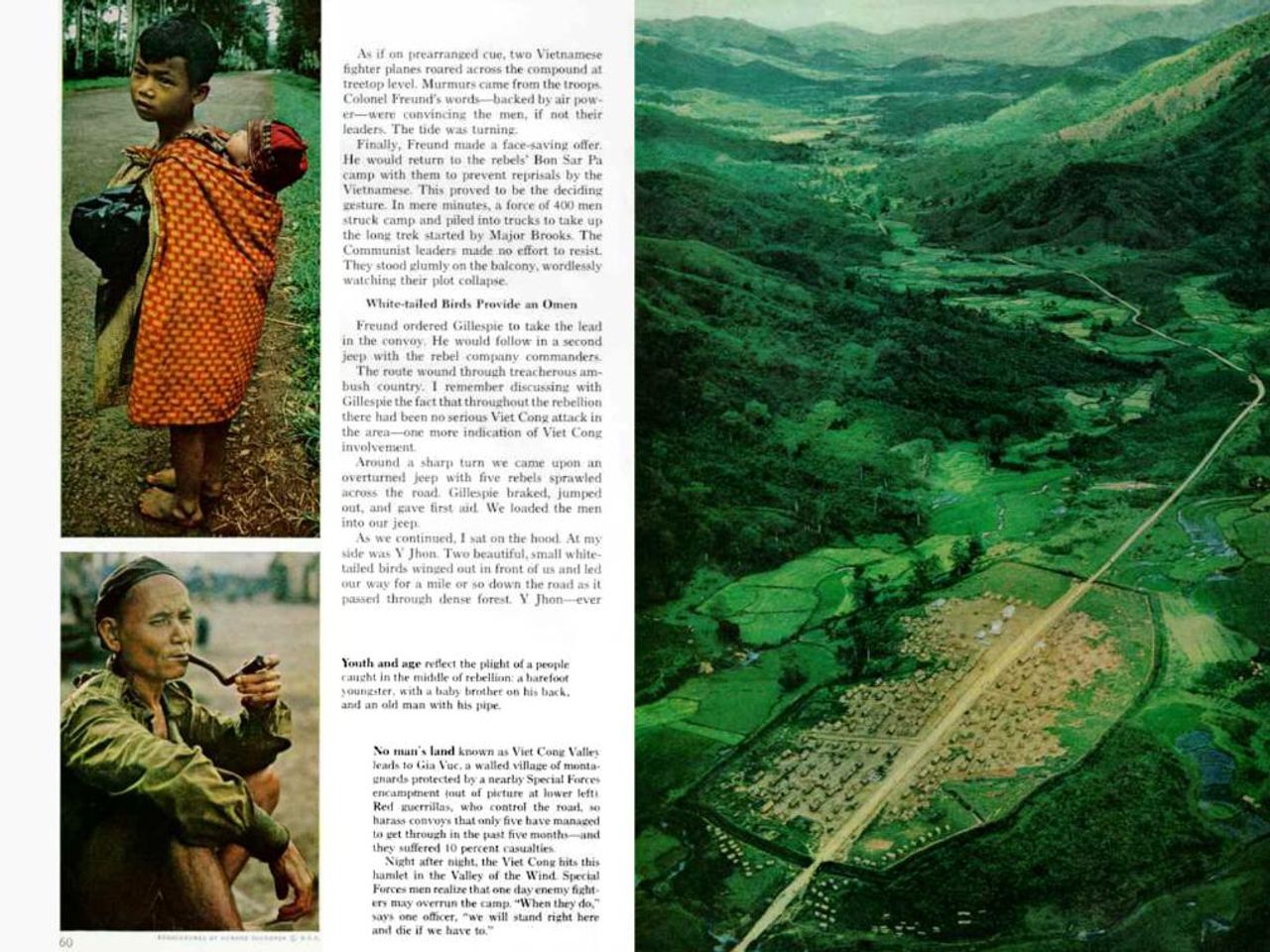Delhi's Supreme Court Rejects Waqf Board's Claim over Gurdwara Land
"Supreme Court Grants Decision on Gurdwara Control to Delhi Waqf Board: Relinquish Your Legal Authority"
In a surprising turn of events, the Supreme Court of India has rejected the Delhi Waqf Board's petition over a contentious land in Shahdara, where a gurdwara has been thriving since the Partition. The Court stated that the gurdwara's duration of operation is substantial, and the Waqf Board should concede its claim.
Taking the floor in the recent hearing, senior advocate Sanjoy Ghose, representing the Waqf Board, revealed that lower courts had reportedly determined a mosque operated before the gurdwara surfaced. However, Justice Satish Chandra Sharma retorted, "Not some kind of... a proper functioning gurdwara, and once there is a gurdwara, let it be. A religious structure is already functioning." The Court advised the Waqf Board to voluntarily relinquish the claim.
The Waqf Board raised its plea in the Supreme Court following the Delhi High Court's rejection of its claim in 2010. The Board insisted that the mosque that preceded the gurdwara was the Masjid Takia Babbar Shah, which was built on land dedicated for religious purposes as waqf. However, the Board's legal dispute centers around property sales made in 1953, which the defendant argues nullified any waqf status.
Historically, the case has unfolded with the High Court accepting factual records of sale and possession. However, the court also pointed out the defendant's inability to produce documents indicating the property's purchase. The High Court concluded that these facts "do not benefit the plaintiff." The court also highlighted the burden of proof for the Waqf Board to establish its claims.
Recently, debate has intensified over Waqf properties following the government's amendments to the management of Waqf properties across the country. Opposition parties have challenged these amendments in the Supreme Court, with the Court yet to deliver a verdict. In the interim, the government has pledged to carry out one of the revisions, requiring mandatory registration of Waqf properties.
Should any Waqf property fail to register, it will be deemed as a disputed matter and passed to the Waqf Tribunal. Concessions may be granted for time-bound technical or major issues prolonging registration [1][2][3][4].
In this particular case, the Supreme Court's ruling underscores the significance of protecting established religious sites, such as the gurdwara, from claims based on presumptive religious dedications. It also emphasizes the importance of respecting property rights and existing religious usages, as well as the need for the Waqf Board to substantiate its claims with concrete evidence.
In light of the Supreme Court's ruling, the case serves as a reminder of the importance of upholding property rights for established religious sites, such as the gurdwara, against claims based on presumptive religious dedications. The ruling also highlights the need for the Waqf Board to substantiate its claims with concrete evidence, as seen in the ongoing debate over Waqf properties, including the registration of Waqf properties in the current political and general-news landscape.








